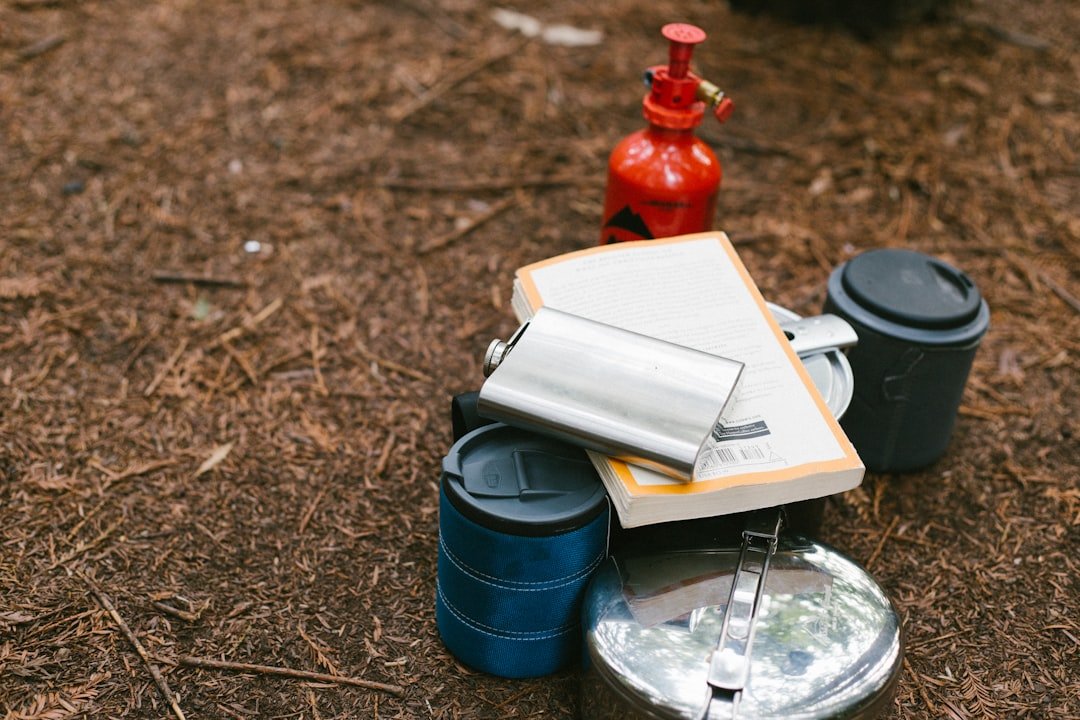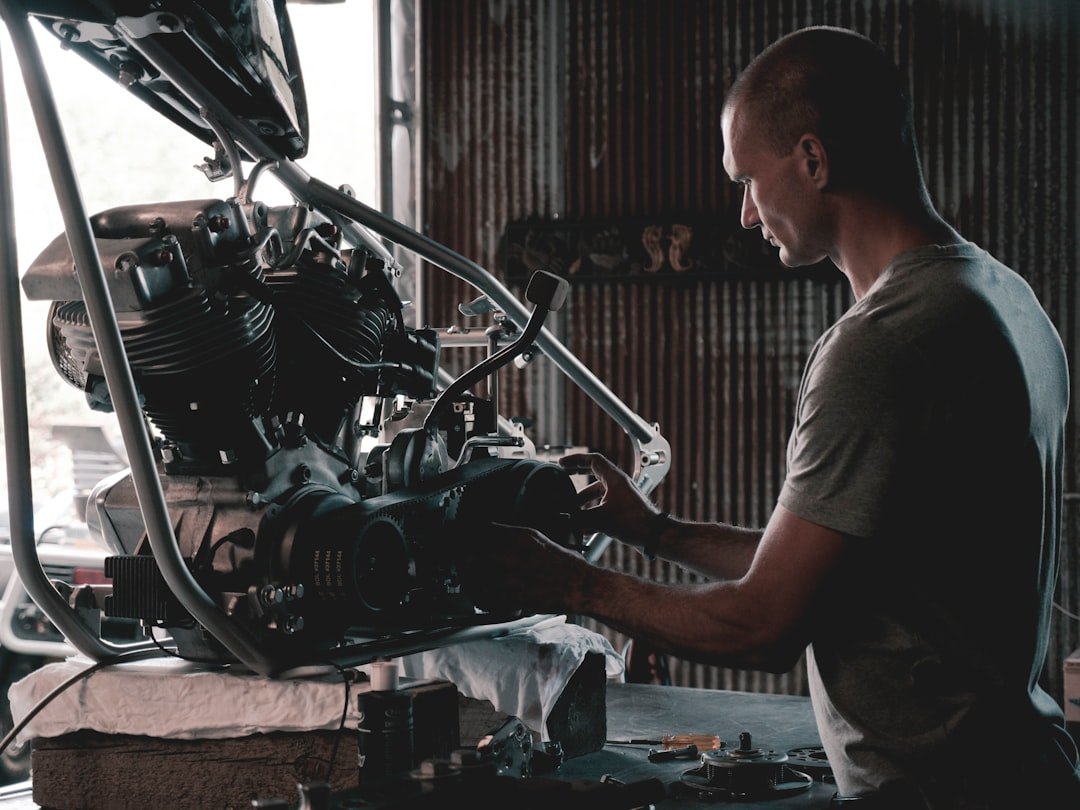How Tiny Land Toys Can Enhance Your Baby’s Sensory Skills
Introduction to Tiny Land Toys and Sensory Skills Development
When it comes to fostering an enriching play environment for babies and toddlers, Tiny Land toys stand out as remarkable tools for early development. These toys are designed not only to entertain but also to enhance fine motor skills, cognitive abilities, and sensory experiences. By incorporating principles from Montessori methods, Tiny Land toys promote learning through exploration and play, which is crucial for babies at this developmental stage.
Why Do Babies Enjoy Certain Activities and How Toys Can Help

Image courtesy: Unsplash
Description of baby’s behavior with Kleenex box
Have you ever noticed how babies seem absolutely enthralled with something as simple as a Kleenex box? Picture this: a baby pulling tissue after tissue out of the box, their eyes wide with amazement and curiosity. Each pull delivers a new texture and slight rustling sound, intriguing their senses. This simple act is not just about making a mess; it’s a learning experience for them, exploring concepts like cause and effect and sensory exploration.
Analysis of why babies engage in such activities
Babies are naturally driven by curiosity and a need to explore their environment. When they engage in activities like playing with a Kleenex box, they are exploring textures, sounds, and movements. These activities stimulate their brain development and help them make sense of the world around them. From a sensory perspective, each touch and sound provides a building block in their cognitive processing abilities. It’s their way of conducting ‘experiments’ to see how things work and what reactions their actions will cause.
Benefits of using toys to enhance sensory skills
Toys specifically designed for sensory development, like those from Tiny Land, can significantly enhance a baby’s learning experience. Here are a few benefits:
– Boost cognitive skills: Toys with various textures, colors, and sounds stimulate babies’ curiosity and encourage them to explore, which improves their cognitive development.
– Develop fine motor skills: As babies grasp, pinch, or move the toys, they enhance their fine motor skills, which are crucial for writing and other important tasks later on.
– Sensory stimulation: Rich sensory toys provide input that helps babies learn sensory attributes like rough, smooth, soft, and hard, aiding in sensory discrimination.
– Emotional and social growth: Engaging with sensory toys often involves play with others, which can boost social and emotional development by teaching turn-taking, patience, and empathy.
Helping Babies Develop Through Engaging Activities
Tips for parents to assist in their baby’s development
Enhancing your baby’s development is both a delightful and crucial task. As a parent, you can assist in their growth with these simple yet effective strategies:
– Regularly introduce new toys: This keeps the sensory experience varied and engaging. Rotate toys to freshen up the play area and stimulate new interests.
– Engage in interactive play: Spend time playing with your baby using their toys. It’s a wonderful way to bond and it also helps babies learn how to interact with others.
– Create a safe play environment: Ensure the play area is safe so your baby can explore without any hazards, allowing them to learn through free play.
– Encourage exploration: Let your baby lead their playtime. Their natural curiosity will guide them to activities that interest them and promote learning.
Advantages of using interactive toys for learning
Interactive toys, like those designed by Tiny Land, are invaluable for development. These toys:
– Promote active learning: Interactive toys require babies to manipulate them, which helps in learning through action rather than passive observation.
– Adapt to the child’s developmental stages: Many interactive toys come with adjustable complexity, suitable for different age ranges, which aids continuous learning.
– Foster problem-solving skills: Toys that challenge babies encourage them to solve problems and can boost their confidence and self-esteem when they succeed.
– Encourage longer attention spans: The engaging nature of interactive toys helps infants and toddlers focus longer, which is crucial for successful learning experiences.
Age-Appropriate Activities for Different Stages of Development
Activities suitable for 1-year-olds
At the age of one, babies are in a phase of rapid physical and mental development. The focus for toys and activities should be on stimulating their senses and encouraging them to explore the world around them. Tiny Land toys, designed with this purpose in mind, cater perfectly to these developmental needs. Some of the best activities for 1-year-olds include:
– Soft, colorful building blocks that can be squeezed, stacked, and knocked down. These help in developing fine motor skills and hand-eye coordination.
– Simple sorting games with large, easy-to-handle pieces that teach shapes and improve problem-solving skills.
– Musical toys that produce sounds when tapped or shaken, fostering an interest in cause and effect while enhancing auditory development.
By integrating these toys into your child’s playtime, you promote learning through play, which is crucial at this stage of development.
Activities suitable for 3-year-olds
Three-year-olds are more active and eager to engage in more complex play. They have better hand coordination and are beginning to master their verbal skills, making this the perfect time to introduce toys that challenge these growing abilities. Tiny Land’s range includes:
– Puzzles with slightly more intricate designs that require more precise motor skills and critical thinking.
– Play sets that mimic real life, such as baby doll washing stations, that encourage role-play and nurture empathy and social skills.
– Art and craft kits that allow them to express their creativity while refining their fine motor skills through drawing, coloring, and cutting.
These activities not only keep them engaged but also help in boosting their cognitive development by teaching them real-life skills and enhancing their social interactions.
Normal Behavior in Toddlers and Different Ways to Support Them
Understanding typical behavior in toddlers
Toddlers are known for being energetic, curious, and occasionally challenging as they learn to navigate their emotions and the environment around them. It is normal for toddlers to exhibit behaviors such as tantrums, refusal to follow directions, and rough play as they explore their independence. Understanding that these behaviors are a natural part of toddler development can help caregivers approach situations with patience and empathy.
Recognizing the triggers and knowing that this is a phase of learning and exploration can guide adults in providing appropriate support.
Providing appropriate tools and toys for toddlers
Offering the right tools and toys can significantly influence a toddler’s ability to manage their emotions and interactions effectively. Tiny Land toys are designed to meet these needs by providing sensory-rich toys and safe environments for exploration. Key strategies include:
– Choosing toys that can withstand rough play without breaking, ensuring safety and durability.
– Opting for toys that offer sensory stimulation, such as different textures and sounds, to engage different senses and promote calmness.
– Including cooperative play toys that encourage sharing and teamwork, essential for social development.
By thoughtfully selecting toys that align with their developmental needs and behavior, such as those from Tiny Land, parents and caregivers can foster an environment that supports healthy growth and learning in toddlers.
Instruments Recommended for Fine Motor Skill Development
 Image courtesy: Unsplash
Image courtesy: Unsplash
Overview of instruments aiding fine motor skills
Developing fine motor skills in babies and toddlers is crucial as it lays the groundwork for a range of daily activities like writing, feeding themselves, and manipulating small objects. Tiny Land toys, inspired by Montessori principles, are designed specifically to nurture these skills through play. Instruments like puzzles, building blocks, and threading toys require children to use their hands and fingers to grasp, pinch, and manipulate pieces, which enhances their dexterity and hand-eye coordination.
For example, the use of wooden blocks encourages toddlers to stack and balance, fostering not only motor development but also problem-solving skills.
Suggestions for children facing difficulties in fine motor skill development
For children who show signs of struggling with fine motor skills, it is important to introduce toys that are fun yet specifically targeted to assist in this area. Tiny Land offers various toys that can help:
– Textured blocks: These come with varied surfaces to engage different tactile sensations, promoting grip and control.
– Simple puzzles: Starting with basic shapes allows children to successively manage small achievements, boosting their confidence.
– Modeling clay sets: These encourage pressing, rolling, and shaping, which are excellent activities for muscle development in the fingers and hands.
Each toy provides a gentle challenge, inviting children to keep trying and improving their skills in an enjoyable way.
The Role of Toys in Learning and Development
Analysis of how babies learn through play
Playing is not just fun for babies and toddlers; it’s a fundamental component of learning that engages multiple senses and promotes cognitive development. When babies play with toys, they’re not just keeping themselves entertained—they are exploring the world. For instance, when a baby grasps a colorful rattle from Tiny Land, they’re not only improving their hand-eye coordination but are also learning about cause and effect (“I shake it, it makes a noise”).
This sensory stimulation is crucial during the early stages of brain development. Play allows babies to experiment with the world in a safe environment, developing their curiosity and knowledge base.
Exploring the educational impact of toys on child development
Toys are instrumental in teaching children about the world and aiding in their cognitive and emotional development. By engaging with toys, children learn valuable life skills such as problem-solving, creativity, and conflict resolution. Tiny Land toys often mirror real-life objects and scenarios, which helps children understand and process their environment. For example, a baby doll washing set not only introduces concepts of cleanliness but also empathy and care for others, preparing toddlers for social interactions. Educational toys stimulate imagination and allow children to express themselves in new ways.
As children grow, the skills they learn through play become fundamental building blocks for more complex learning tasks, demonstrating that toys are not merely for entertainment but are crucial educational tools.
Promoting Motor Skill Development in Babies
The journey of motor skill development in babies is a critical aspect of their early growth stages. Motor skills are essentially the abilities that enable us to move and coordinate our body parts. They are divided into two categories: fine motor skills, which involve smaller actions like grabbing a toy with fingers, and gross motor skills, which include larger movements such as rolling over and crawling.
Techniques to help babies with rolling over and crawling
To assist babies in mastering the arts of rolling over and crawling, parents can engage in several practical and enjoyable activities. Firstly, placing your baby on their tummy while awake (tummy time) is crucial, as it strengthens their back, neck, and shoulder muscles, thereby aiding them in rolling and eventually crawling. Using toys from Tiny Land, such as soft, textured balls or rollers, can make tummy time more engaging. Rolling a ball in front of the baby encourages them to reach for it and eventually move towards it. Furthermore, you can gradually increase the distance between the baby and the toy to encourage movement.
Secondly, offering ample opportunities for your baby to play in different positions stimulates muscle development necessary for rolling over and crawling.
Importance of physical activities in motor skill development
Engaging in physical activities is vital for the overall motor development of a baby. Activities that stimulate a baby’s ability to reach, push, pull, and move are crucial. Toys that encourage interaction, like stackers, pull toys, and soft blocks, can significantly enhance these skills. These toys help in developing not only the strength that babies need to crawl and walk but also the coordination and balance.
Tiny Land provides an array of toys that are designed to foster physical engagement and development efficiently and safely.
Impact of Toy Availability on Baby’s Development
Access to a variety of appropriate toys can play a significant role in a child’s developmental milestones. Toys are not only a source of joy for babies but also a medium through which they explore and understand their environment.
Effects of limited toy access on baby’s development
Limited access to toys can hinder a baby’s opportunity to explore various textures, shapes, and functions, which are essential for sensory and cognitive development. Without toys, babies might have decreased engagement in solitary play, which is critical for learning independence and problem-solving skills.
Additionally, a lack of physical toys can delay the development of motor skills as babies miss out on the physical manipulation of objects that enhance hand-eye coordination and fine motor skills.
Alternatives to traditional toys for motor skill development
Even in settings where traditional toys are not plentiful, there are numerous alternatives to encourage motor skill development. Household items can become tools for enhancing these skills. For instance, containers of different sizes can be used for stacking and building, teaching babies about balance and weight. Spoons and cups can facilitate learning about the concepts of volume and spatial awareness.
Furthermore, engaging babies in activities like ‘baby doll washing’ can enhance both sensory experiences and fine motor coordination as they grasp and manipulate the washcloth.
Encouraging Engagement and Motor Skill Development Through Play
 Image courtesy: Unsplash
Image courtesy: Unsplash
Playing with toys is not just a way to keep your baby entertained; it’s a crucial part of their developmental growth. The use of Montessori-inspired toys, such as those offered by Tiny Land, encourages babies to explore their environment through their senses — sight, touch, sound, and more — which is fundamental for their cognitive and motor skill development.
Strategies to encourage active play and toy engagement
To spark an interest in active play, consider these strategies:
– Select Age-Appropriate Toys: Ensure the toys match your baby’s developmental stage. Tiny Land provides toys that cater to various age groups, fostering age-appropriate skills.
– Create a Safe Play Area: Design a play space where your baby can explore toys safely. This encourages them to experiment with different sensory experiences without any hesitation.
– Rotate Toys Regularly: Keep your baby’s interest alive by rotating different toys into their play area. This not only prevents boredom but also challenges them with new sensory and motor tasks.
– Play Together: Join in on the fun! Babies often enjoy playtime more and learn by example when adults participate.
Tips for parents to facilitate motor skill development through play
Enhancing your child’s motor skills through play is a practical approach with Tiny Land toys. Here’s how you can facilitate this:
– Encourage Reach and Grasp: Place toys slightly out of reach to motivate your baby to stretch and move towards them.
– Focus on Fine Motor Skills: Toys like building blocks or threading beads help in developing fine motor skills and hand-eye coordination.
– Use Textured Toys: Toys with various textures stimulate touch and can improve tactile sensitivity and motor skills.
– Incorporate Everyday Activities: Engage your child in simple real-life activities such as ‘baby doll washing’ which not only improves motor skills but also enhances life skills.
By integrating these simple yet effective tips into your daily routine, you can significantly enhance your baby’s motor skill development while ensuring they have fun and learn at the same time.
Introduction and Integration of Educational Toys
Introducing educational toys, especially those that emphasize sensory and motor skills like Tiny Land toys, plays a pivotal role in the developmental journey of infants and toddlers. These toys not only engage their senses but also help in honing their cognitive abilities at an early age.
How to introduce new educational toys to babies
Introducing new toys to babies should be a gradual and engaging process. Start by choosing a quiet time when the baby is alert and receptive. Show the toy, let them feel the texture, and see how it works. Play together, demonstrating its features; this not only captures their interest but also teaches them how to interact with the toy effectively. Always ensure the toys, like those from Tiny Land, are age-appropriate to provide optimal benefit without overwhelming the baby.
Strategies for parents to guide and teach children during playtime
During playtime, parents can employ various strategies to enhance the learning experience:
– Interactive Play: Engage with the toy alongside your child, demonstrating its use and narrating your actions. This interactive play stimulates learning and reinforces language development.
– Encouraging Exploration: Allow your child to explore the toy on their own, fostering independence and problem-solving skills.
– Setting Challenges: As your child gets familiar with the toy, set small challenges related to the toy’s features to promote critical thinking and creativity.
Utilizing these approaches with sensory-focused toys like those from Tiny Land aids in a more comprehensive development session and ensures that playtime is both educational and fun.

